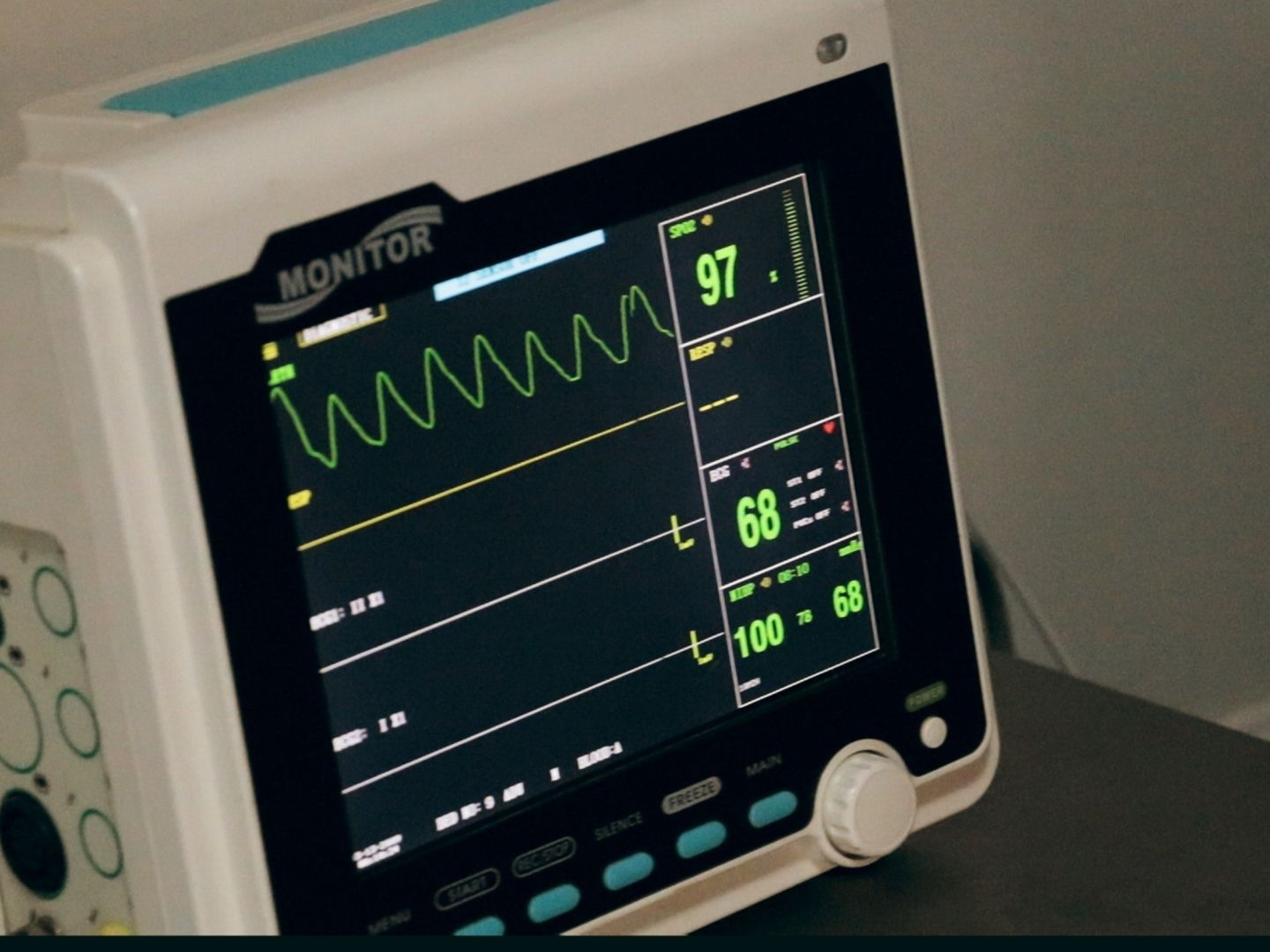Simple heartbeat test may save lives
Doctors are being urged to screen patients for atrial fibrillation, which has been linked to stroke and heart failure.

A new report from the Heart Research Institute (HRI) reveals screening for both hypertension and an irregular heartbeat in regular medical checks could prevent thousands of strokes, heart failure cases, and potentially even dementia.
An international collaboration led by the HRI’s Professor Ben Freedman, published in the prestigious American Heart Association journal, Circulation, highlights the strong link between hypertension (high blood pressure) and atrial fibrillation (AF), a condition where the heart beats irregularly or rapidly. These are two of the most significant risk factors for stroke.
Despite their connection, AF is not routinely screened in the same way as hypertension, meaning many cases go undetected until it is too late – something Professor Freedman, who is group leader of HRI’s Heart Rhythm and Stroke Prevention Group, wants to urgently change.
“Hypertension and atrial fibrillation are dangerous bedfellows – one leads to the other, and together they significantly increase the risk of stroke, heart failure, and dementia,” he said.
“The combination of high blood pressure and AF is a ticking time bomb. A simple pulse check or an irregular heartbeat alert on a blood pressure monitor could mean the difference between early treatment and a life-altering stroke.”
The study emphasises that hypertension is more than just a common condition among AF patients, rather it contributes to the development of AF. Controlling high blood pressure early could significantly reduce the likelihood of AF developing, ultimately lowering the risk of serious heart and brain complications.
“We already know AF increases the risk of stroke fivefold, but there’s also growing evidence linking it to dementia, this makes early detection even more critical,” Professor Freedman said.
AF is often asymptomatic and remains undiagnosed until a serious medical event occurs. Detecting AF is straightforward and can be done using:
- Pulse checks – a simple 30-second check to detect an irregular heartbeat
- Blood pressure monitors with irregular heartbeat alerts
- Handheld ECG devices that detect AF in under a minute.
“By incorporating an AF check into routine blood pressure screenings, we could identify at-risk patients early, put them on appropriate treatment, and save lives,” Professor Freedman said.
For more information, visit www.hri.org.au.





